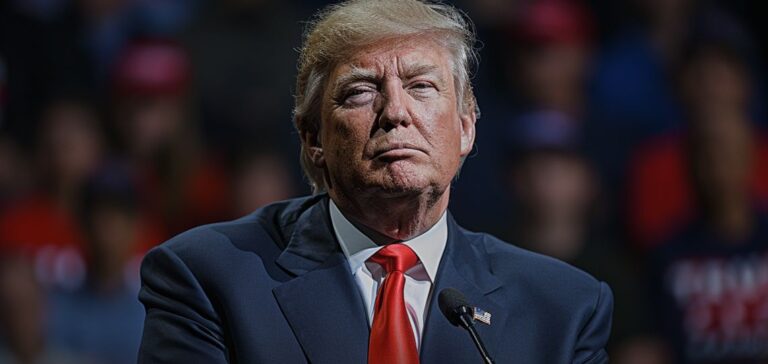Three senior officials from the Trump administration are attending the CERAWeek conference in Houston this week, a key event in the energy sector. Their presence aims to clarify the direction of the new U.S. energy policy, marked by a push for deregulation and increased support for the oil and gas industries.
A shift towards deregulation
Upon returning to the White House, Donald Trump signed an executive order titled Unleashing American Energy, aimed at boosting fossil fuel extraction and reducing environmental restrictions. This initiative led the Environmental Protection Agency (EPA) to attempt to overturn California’s ban on internal combustion vehicles by 2035, an effort halted by the Government Accountability Office.
Energy Secretary Chris Wright is opening the conference by reaffirming his commitment to expanding the energy sector, including fossil fuels. A former executive at Liberty Energy, a company specializing in shale oil and gas equipment, Wright advocates for increasing domestic production.
A booming natural gas market
The expansion of the Plaquemines liquefied natural gas (LNG) terminal in Louisiana by Venture Global was announced on Friday, with an additional $18 billion investment. This decision highlights the rapid growth of the U.S. gas market, which has already made the country the world’s leading LNG exporter.
“Our exports will more than double in the coming years,” Chris Wright stated on Bloomberg Television. This development follows the lifting of a moratorium on new LNG terminals imposed by Joe Biden, citing climate concerns.
Uncertainty over energy relations with Europe
Europe remains the primary customer for U.S. LNG, particularly after reducing Russian imports following the war in Ukraine. However, the diplomatic repositioning of the United States under Donald Trump, marked by a rapprochement with Russia and tensions with Europe, raises questions about the future of these exports.
Jonathan Elkind, a researcher at Columbia University, noted that “the role of the United States as a strategic energy supplier for Europe could be called into question.” While U.S. oil production remains at record levels, shifts in foreign policy could influence transatlantic energy flows.






















